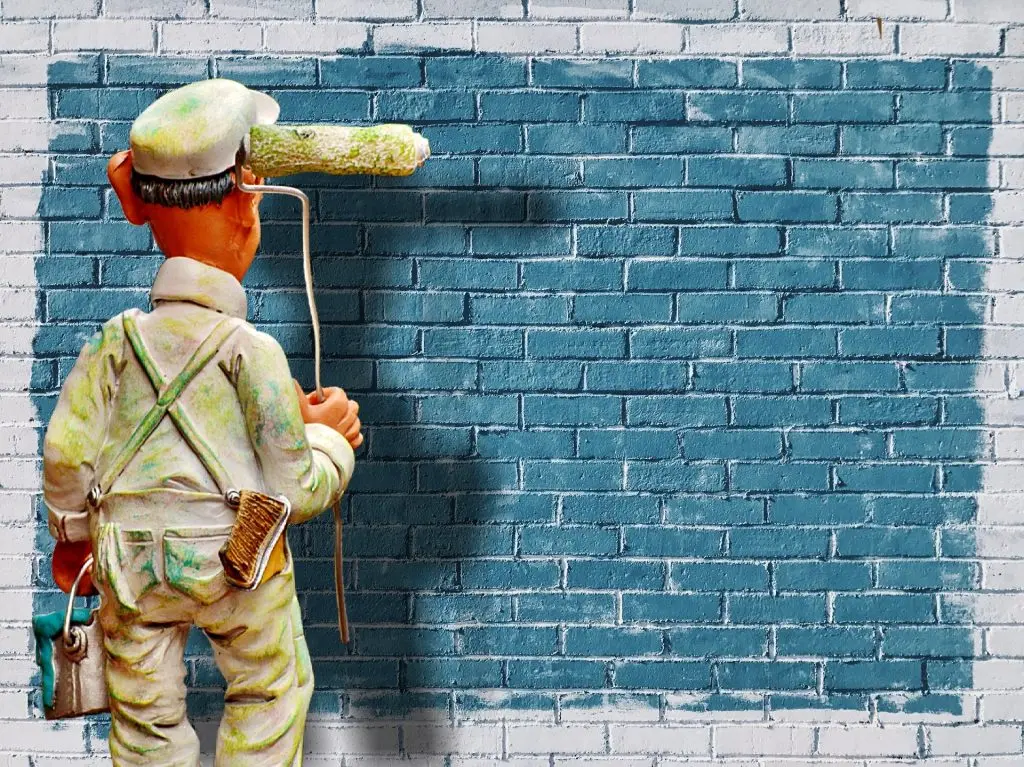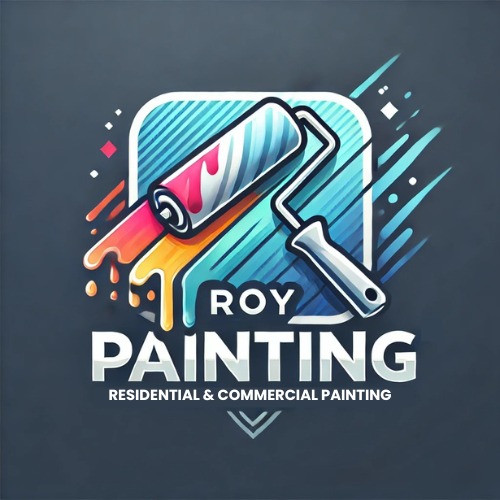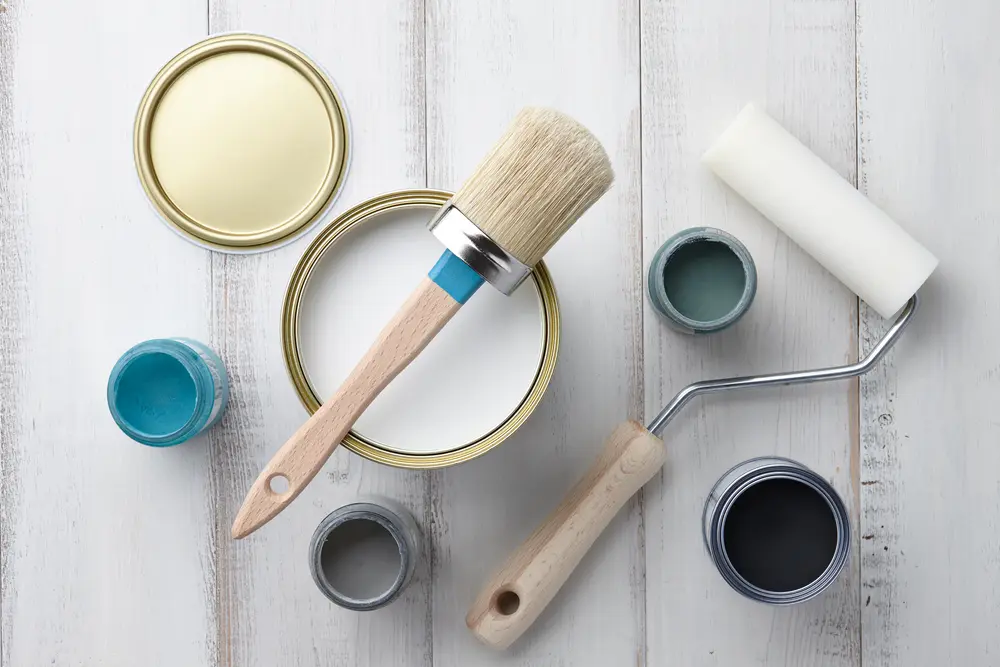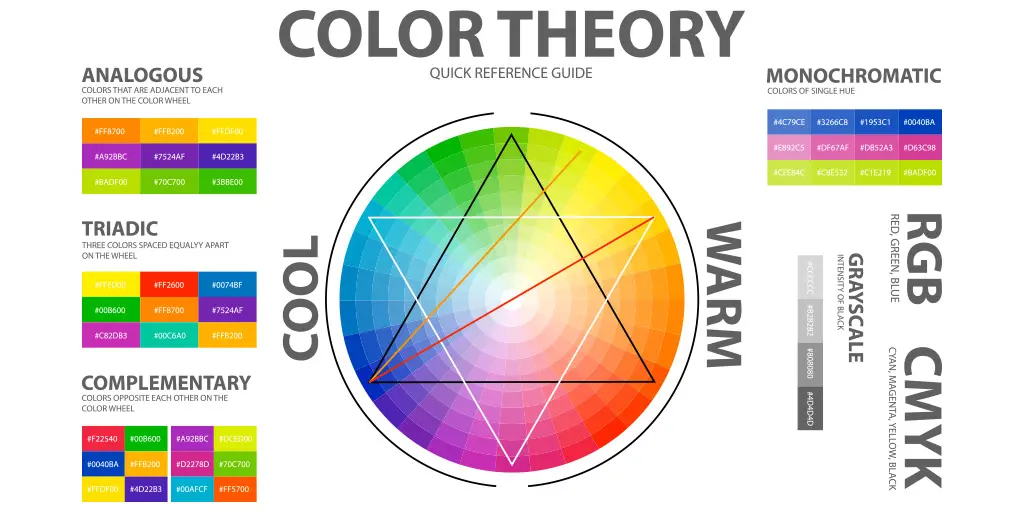Painting your home's exterior is a significant investment that can dramatically improve curb appeal and protect your property from the elements. However, many DIYers make critical mistakes that can lead to poor results and premature paint failure. Here are the five most common exterior painting mistakes and how you can avoid them.
1. Skipping Proper Surface Preparation
The most common mistake is rushing into painting without adequate preparation. A beautiful paint job starts with a clean, sound surface.
How to avoid: Thoroughly clean the exterior with a pressure washer or scrub brush and appropriate cleaner to remove dirt, mildew, and loose paint. Allow the surface to dry completely (usually 24-48 hours). Scrape away peeling paint, sand rough areas, and repair damaged siding, trim, or stucco. Prime bare wood, metal, or areas with stains.
2. Painting in Poor Weather Conditions
Temperature, humidity, and direct sunlight can all affect paint application and drying, leading to bubbling, cracking, or uneven coverage.
How to avoid: Check the weather forecast and plan to paint when temperatures are between 50-85°F with low humidity. Avoid painting in direct sunlight or on extremely hot days, as paint can dry too quickly. Don't paint if rain is expected within 24 hours, or in very windy conditions which can cause debris to stick to wet paint.
3. Using Low-Quality Paint and Tools
Saving money on cheap paint and tools often costs more in the long run, as the results won't last and you'll need to repaint sooner.
How to avoid: Invest in high-quality exterior paint specifically formulated for your climate and surface type. Premium paints contain more solids and better additives for UV protection, mildew resistance, and adhesion. Similarly, use quality brushes, rollers, and sprayers that will provide better coverage and a smoother finish.
4. Improper Paint Application Techniques
Applying paint incorrectly can result in visible lap marks, drips, and uneven coverage.
How to avoid: Start at the top and work down, which allows you to catch and fix drips. Maintain a wet edge by not letting the paint dry before blending it with the next section. Apply paint in the shade when possible, following the sun around the house. Use the right size brush or roller for the surface, and don't overload your applicator with paint.
5. Neglecting Safety Precautions
Exterior painting often involves working at heights and with potentially harmful chemicals.
How to avoid: Use proper ladders and scaffolding, ensuring they're on stable ground. Never overreach while on a ladder; instead, climb down and reposition it. Wear protective gear including safety glasses, gloves, and a respirator when sanding or spraying. Keep children and pets away from the work area and wet paint.
By avoiding these common mistakes, you'll achieve professional-looking results that will protect and beautify your home for years to come. Remember that exterior painting is a significant project, and there's no shame in calling professionals if you're not confident in your ability to do the job safely and correctly.



